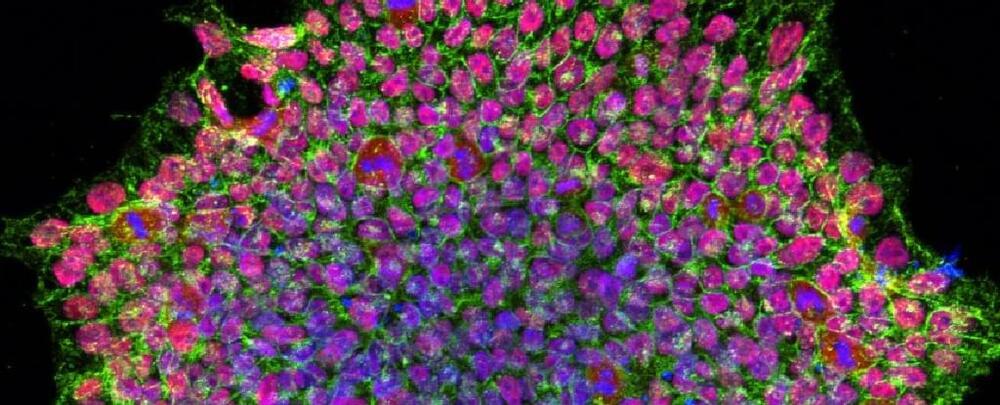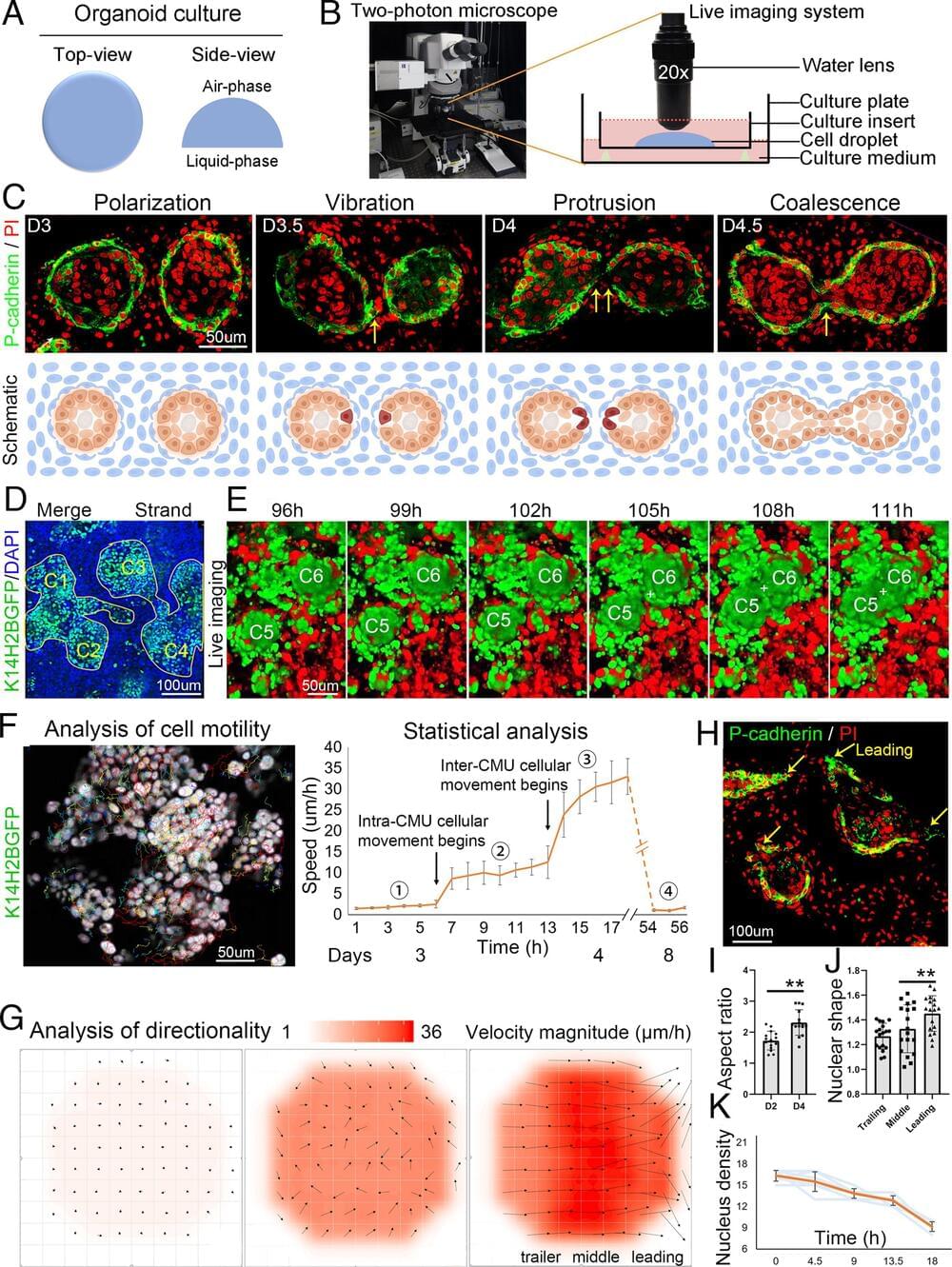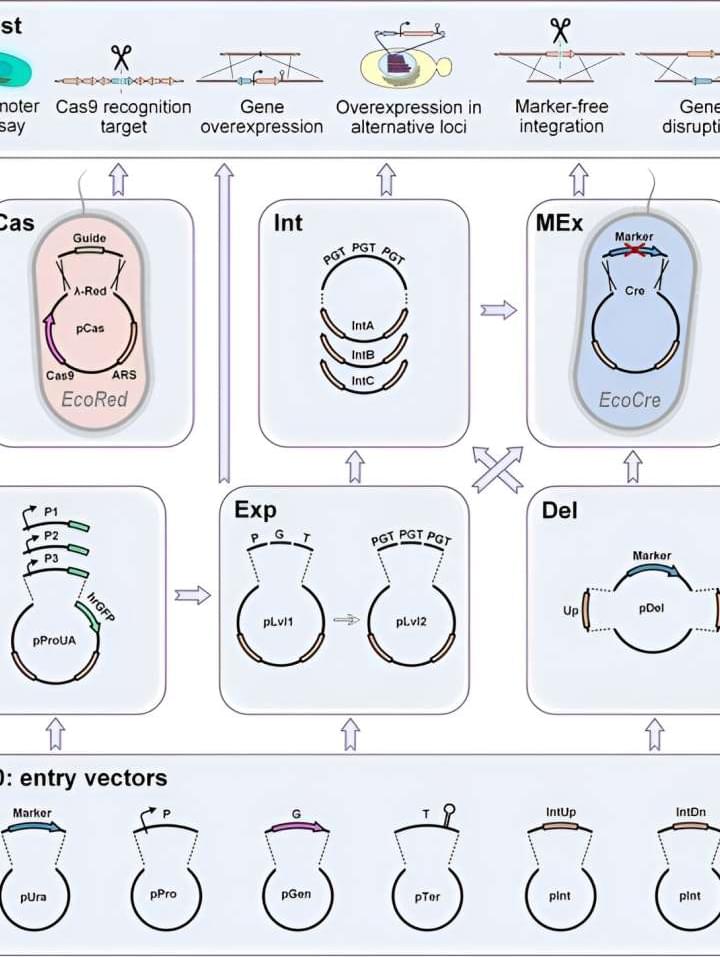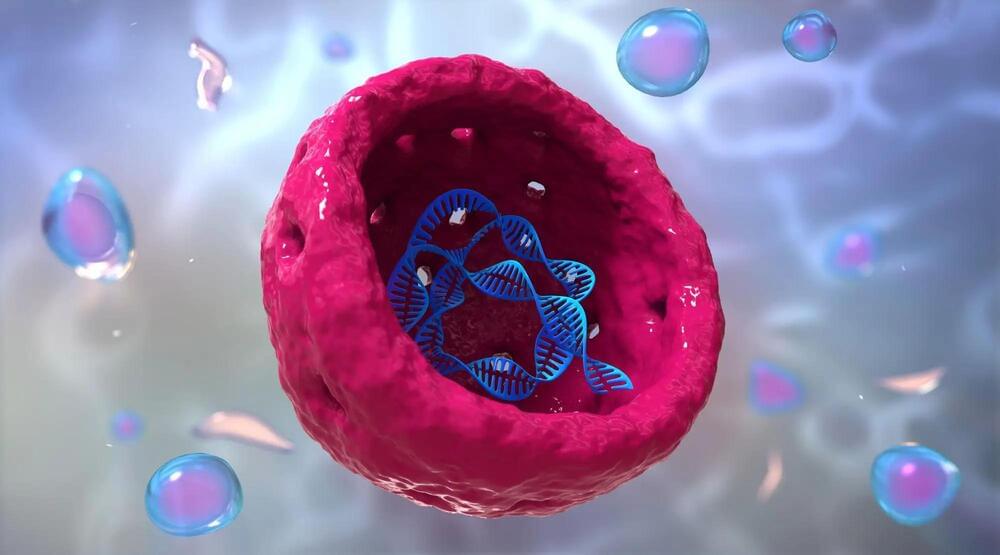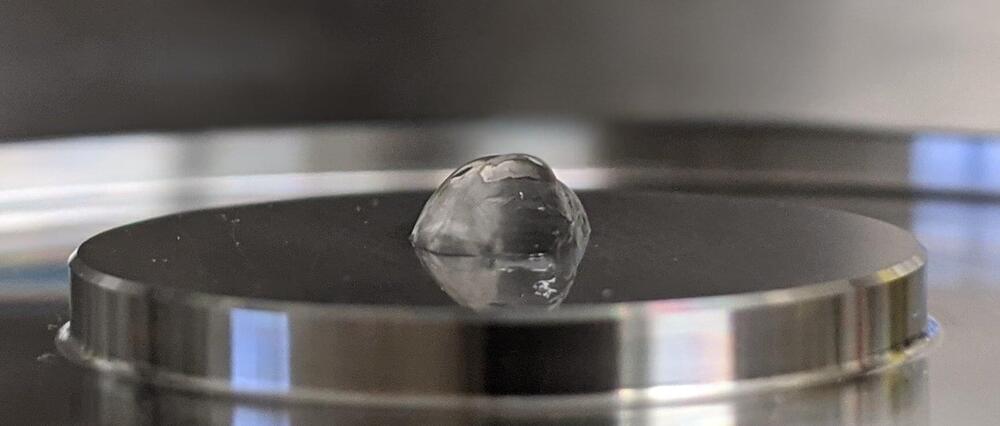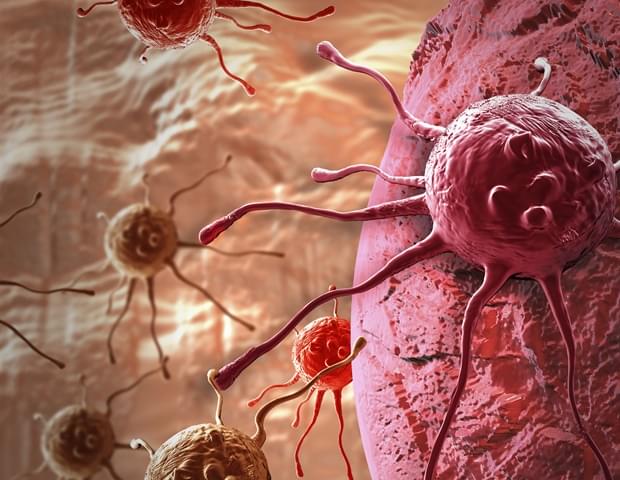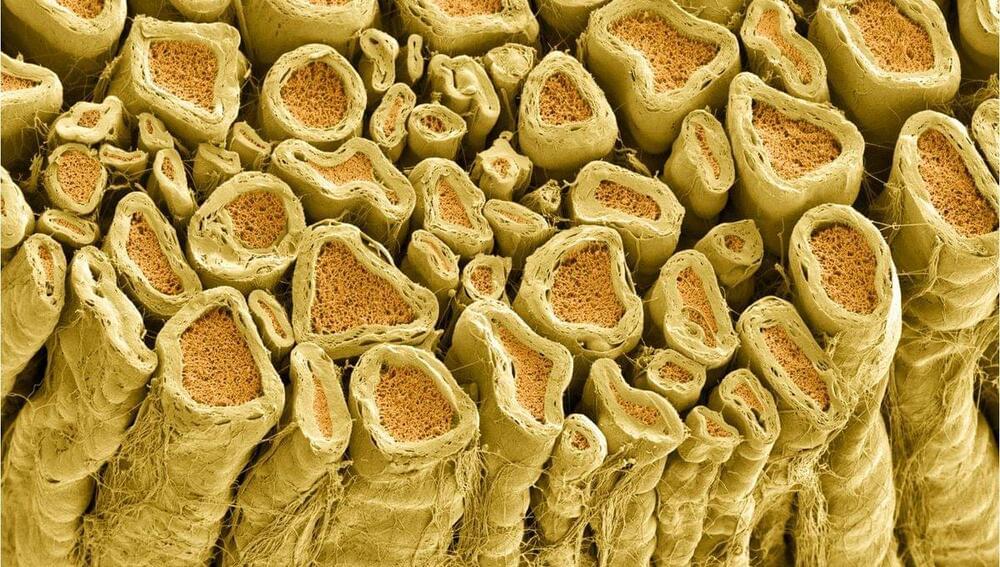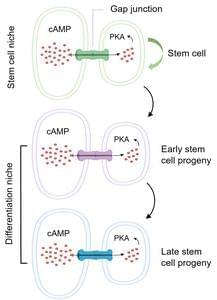Over the past few decades, material scientists and chemists have been working on designing increasingly sophisticated materials for a wide range of technological and scientific applications. These materials include synthetic polymers and hydrogels that could be introduced inside the human body as part of medical interventions.
Researchers at the Leibniz Institute of Polymer Research Dresden, Technische Universität Dresden and other institutes in Germany recently designed new fully synthetic materials with a dynamic DNA-crosslinked matrix that could prove useful for the creation of organoids (artificial organs) and other bio-mimetic systems. These materials, introduced in Nature Nanotechnology, are versatile, programmable and relatively inexpensive, making them advantageous for medical and biological research.
“Polymer chemistry can create materials with wonderful properties,” Elisha Krieg, one of the researchers who carried out the study, told Phys.org. “Think of everyday products like toys and packaging, but also bullet-proof vests, parachutes, medical implants, etc. But these materials are very static—it is not easy to change their properties, once broken they cannot heal themselves, and their characteristics are difficult to predict. Our group tries to make materials that are more akin to living matter: adaptive, self-healing, and programmed to fulfill specific functions.”
